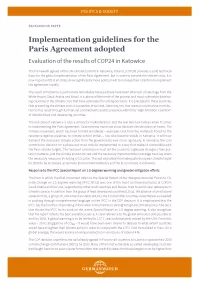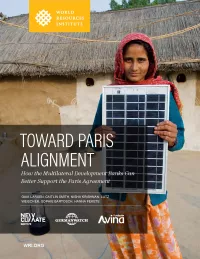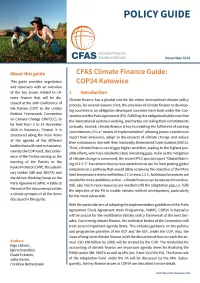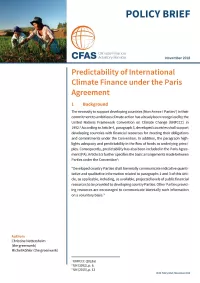
The so called rulebook agreed at the Climate Summit in Katowice, Poland (COP24) in December 2018 provides a solid technical basis for the global implementation of the Paris Climate Convention. To avert the climate crisis, however, it is essential that all states show significantly more political will to implement the agreement swiftly. In this follow-up paper, we present the most important decisions, above all on the elements of the implementation guidelines and - where relevant - the political compromises between the states on them. We also analyse where we consider the rules to be robust enough - and where not.






